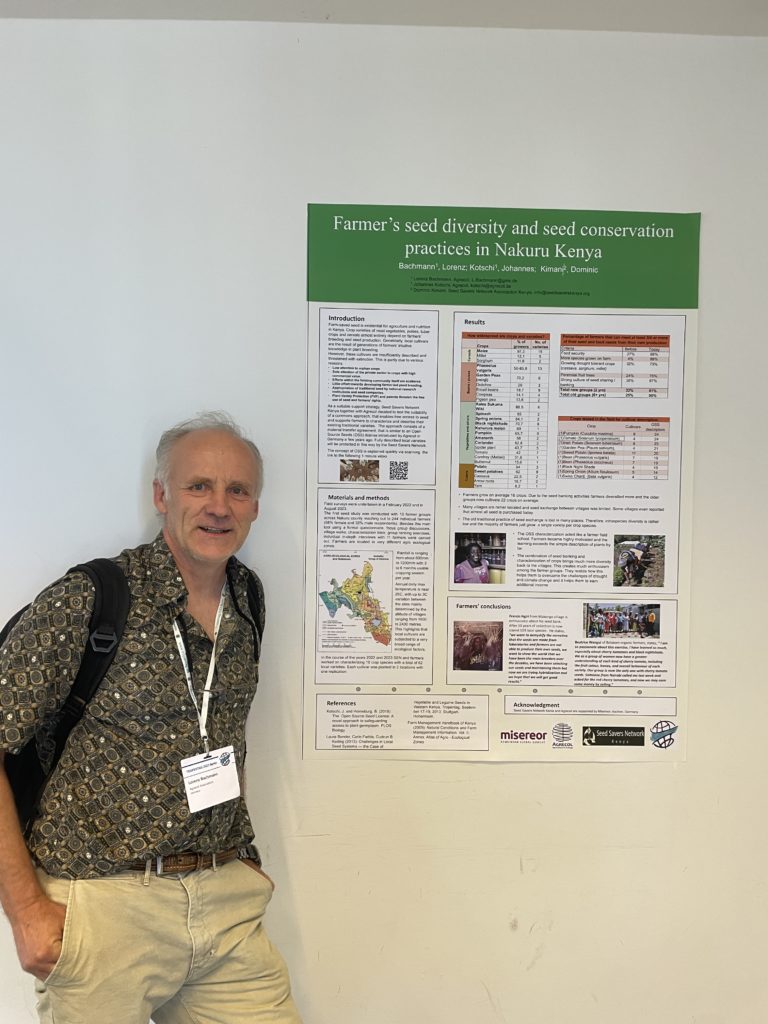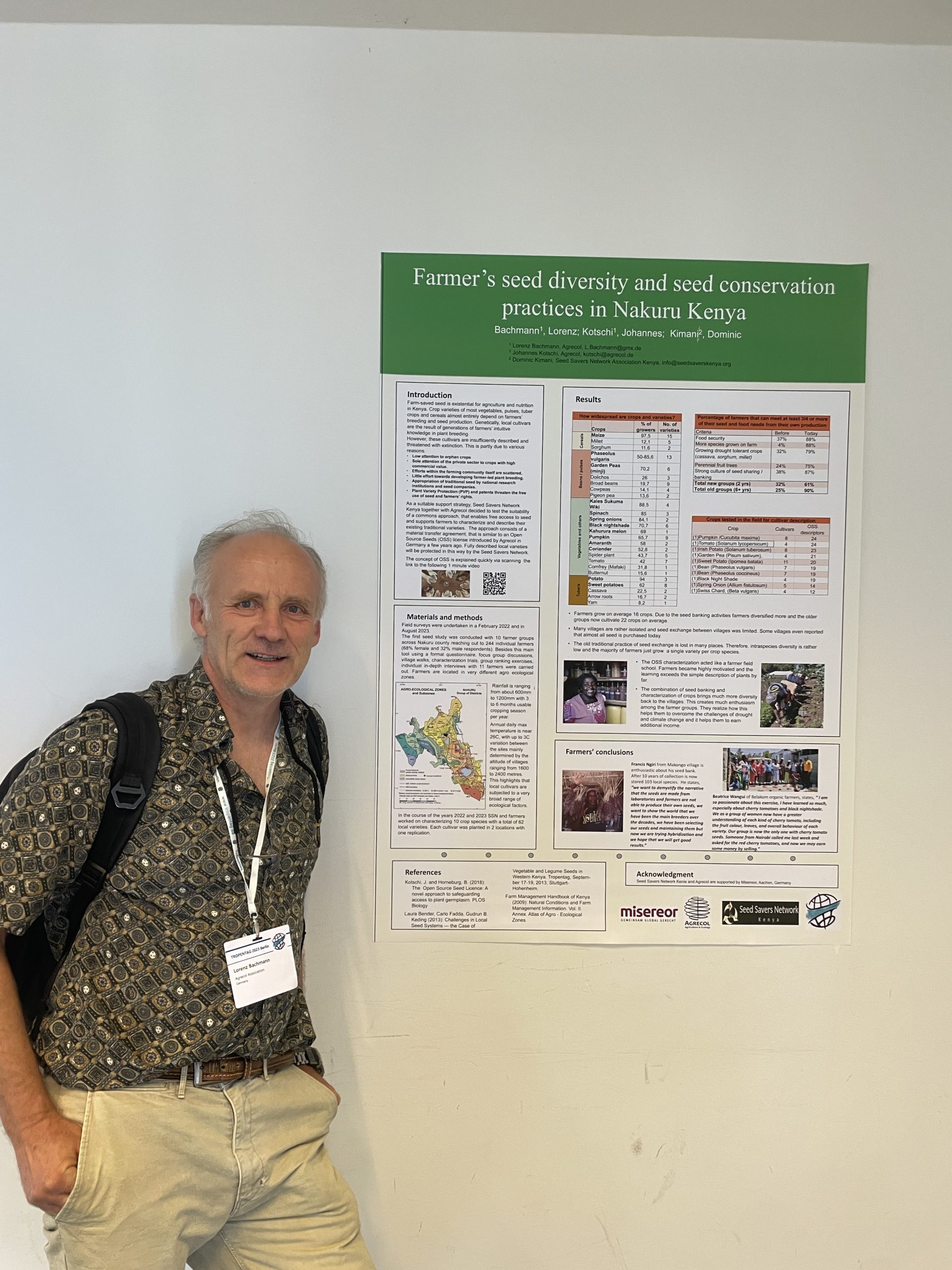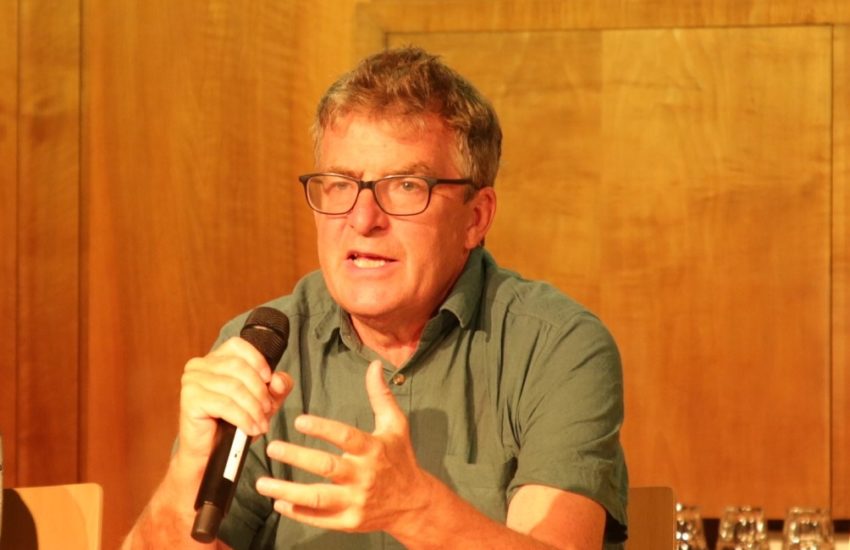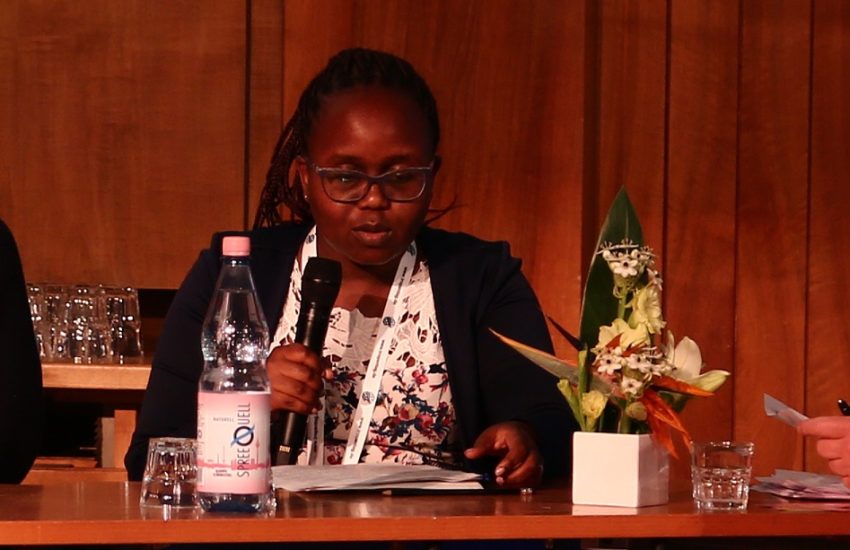Seeds of Change in Kenya: An Interview with Lorenz Bachmann from Agrecol
Visitors who approach the student reporters by themself to suggest interesting content to report about are always highly appreciated – especially when it is as interesting as the projects of Agrecol, a working group that has promoted locally adapted, ecologically sound land use since 1982.

Lorenz Bachman is a freelance consultant, focused on participatory methodologies. During a poster session at Tropentag 2023, he presented the research ‘Farmers’s seed diversity and seed conservation practices in Nakura Kenya’. In Kenya, saved seed is essential for agriculture and nutrition. Crop varieties of most vegetables, pulses, tuber crops and cereals almost entirely depend on farmers’ breeding and seed production. Genetically, local cultivars are the result of generations of farmers’ intuitive knowledge of plant breeding. However, their continued existence hangs in the balance due to their inadequate documentation and, in some instances, the looming threat of extinction.
Acknowledging the pivotal role that farm-saved seeds play in upholding Kenya’s agriculture and nutrition, the Seed Savers Network Kenya, in partnership with Agrecol, has embarked on a mission to safeguard and proliferate these invaluable genetic resources. The approach consists of a material transfer agreement, similar to an Open Source Seeds (OSS) license introduced by Agrecol in Germany a few years ago. In this 1-minute video, the concept of OSS is quickly explained. The project also includes plant breeding, which according to Lorenz is all about “Making available a couple of local vegetables, already consumed by the people. And then the farmers select the varieties based on their priorities.”
The research revealed that the seed exchange between villages is limited, traditional practices of seed exchange are lost in many places and revealed how seed baking can bring much diversity back to the villages. A quote from one of the farmers: “We as a group of women now have a greater understanding of each kind of cherry tomato, including the fruit colour, leaves, and overall behaviour of each variety. Someone from Nairobi called me last week and asked for the red cherry tomatoes, and now we may earn some money by selling.”



